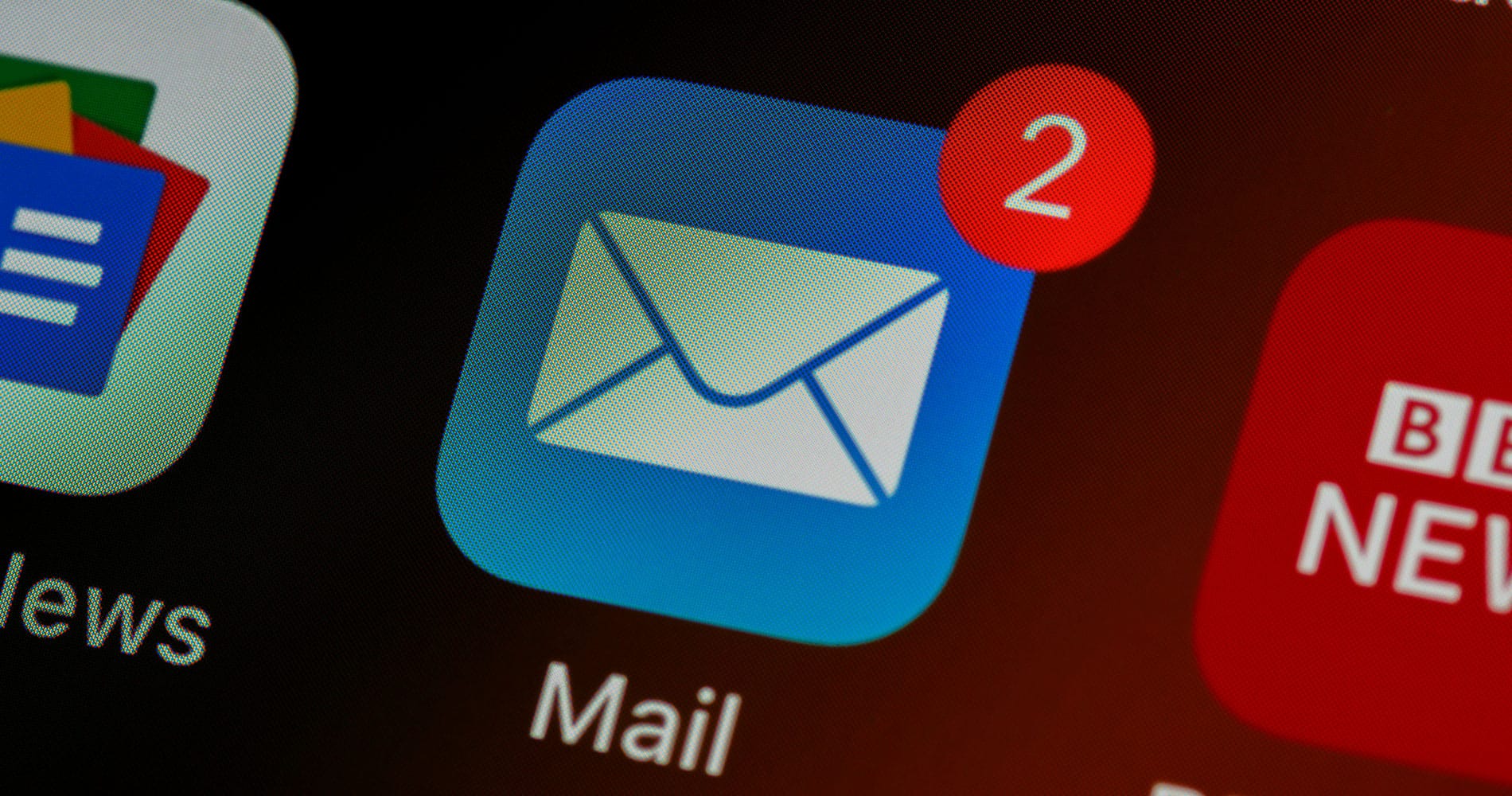In today’s digital world, social media is no longer just a platform for socialising. It has become a powerful tool for businesses of all sizes to reach new audiences, engage with customers, and drive growth. Whether you’re a startup or an established brand, the right social media strategy can make a significant impact on your business’s visibility, credibility, and bottom line. So, how can social media help a business grow? Let’s dive in!
1. How can social media help a business grow brand awareness
Social media provides an unparalleled opportunity to increase your brand’s visibility. Platforms like Facebook, Instagram, LinkedIn, and Twitter allow businesses to showcase their products or services to a vast audience, regardless of geographic location. By posting regular, engaging content, businesses can put their brand in front of potential customers who may not have heard of them otherwise.
By using hashtags, geotags, and targeted ads, you can further increase your reach and ensure that your content is seen by the right people—those who are most likely to be interested in your offerings. This visibility helps create a strong and memorable presence for your brand.
2. Engage with Your Audience
Social media is one of the most direct and personal ways to connect with your audience. Unlike traditional forms of marketing, which are often one-way (e.g., TV ads or billboards), social media allows for two-way communication. You can answer questions, respond to comments, and engage in conversations with your followers in real-time.
This interaction fosters a sense of community and loyalty, making customers feel valued and heard. By responding to inquiries promptly or addressing customer concerns, businesses can create positive relationships that not only improve customer retention but also turn happy customers into brand advocates.
3. How can social media help a business grow website traffic
If you’re still wondering how social media can help a business grow, remember social media is a great way to drive traffic to your website, which can ultimately lead to increased sales or conversions. By sharing valuable and engaging content that links back to your site, you can encourage users to visit and explore your offerings further. This can include blog posts, product pages, or special promotions.
Additionally, using call-to-action buttons like “Shop Now” or “Learn More” in your social media posts and ads can provide a direct pathway for followers to take action, whether that’s making a purchase, signing up for a newsletter, or downloading a resource.
4. Cost-Effective Marketing
For many small businesses and startups, marketing budgets can be tight. Social media provides an affordable way to get your message out to a large audience without breaking the bank. Setting up profiles and posting organic content is free, and even paid advertising on social media platforms can be highly cost-effective, especially when targeting a specific audience.
With tools like Facebook Ads, Instagram Ads, or LinkedIn Ads, you can set precise parameters to reach your ideal customer, whether by location, interests, behavior, or demographics. Plus, with budget-friendly options, you can run ads with as little as £5 a day, making social media a scalable solution for businesses of all sizes.
5. Improve Customer Insights
One of the greatest advantages of social media for businesses is the wealth of data it provides. Social platforms offer detailed analytics that allow you to track user engagement, monitor growth, and assess the effectiveness of your posts and campaigns. This data can help you understand who your customers are, what they like, and how they interact with your brand.
These insights are invaluable for refining your marketing strategy, tailoring your content, and making data-driven decisions. By paying attention to trends, feedback, and engagement rates, you can optimise your efforts and ensure that your social media presence is continually aligned with your business goals.
6. Build Trust and Credibility
Social proof is a powerful driver of business growth. When potential customers see that others are engaging with and recommending your business, they are more likely to trust your brand. Positive reviews, user-generated content, and testimonials shared on social media can help build credibility and reinforce your brand’s reputation.
In addition, by consistently posting valuable content that resonates with your audience, you can position your business as an industry leader or authority. Whether it’s sharing educational blog posts, helpful tips, or news about your industry, social media allows you to showcase your expertise and build trust with your audience over time.
7. How can social media help a business grow sales and conversions
When used effectively, social media can directly impact your sales. Many platforms, such as Instagram and Facebook, have integrated e-commerce features that allow businesses to sell products directly through their posts, stories, or ads. This seamless shopping experience can lead to impulse purchases and increase conversions.
In addition, targeted ads and promotions on social media can help drive sales by attracting customers who are already interested in similar products or services. By offering exclusive discounts, flash sales, or limited-time offers to your followers, you can create a sense of urgency and encourage immediate action.
8. Expand Your Network
Social media also offers great opportunities for networking and partnership building. By connecting with other businesses, influencers, or industry leaders, you can open up new avenues for collaboration, co-marketing campaigns, or partnerships. Influencer marketing, in particular, can be a highly effective way to reach a new audience and gain credibility by leveraging the trust influencers have with their followers.
Networking on social media isn’t just limited to businesses and influencers either. You can also connect with potential employees, suppliers, or clients who might be interested in your services or products. Social platforms offer a dynamic space for creating valuable business relationships.
9. Create a Community Around Your Brand
Beyond engaging with individual customers, social media allows you to build a loyal community around your brand. By fostering interactions and conversations among your followers, you can create a space where people feel connected to your brand and to each other.
Brands like Starbucks and Nike have mastered the art of creating a community through social media. Whether it’s through user-generated content, customer stories, or shared values, these businesses have turned their social media presence into a vibrant, active community that promotes brand loyalty and encourages organic growth.
10. Adapt Quickly to Market Changes
Finally, social media provides businesses with the agility to adapt quickly to market shifts or changes in consumer behaviour. Whether it’s a new trend, a competitor’s action, or a shift in customer needs, social media allows you to monitor changes in real time and pivot your messaging, products, or services accordingly.
With the ability to launch new campaigns or promotions instantly, businesses can stay ahead of the curve and keep up with the ever-changing market landscape. Social media’s immediacy makes it an essential tool for staying relevant and competitive.
Social media has become an indispensable part of modern business growth. It offers businesses an affordable, effective, and dynamic platform to engage with their audience, build brand loyalty, and drive revenue. By leveraging social media effectively, businesses can increase brand awareness, improve customer relationships, boost sales, and ultimately thrive in an increasingly competitive market.
Remember, social media success doesn’t happen overnight. It requires consistency, creativity, and an understanding of your audience’s needs and preferences. But with the right strategy in place, the benefits are undeniable and the growth potential is limitless. Contact our team of digital marketing experts for help with taking your social media to the next level.

